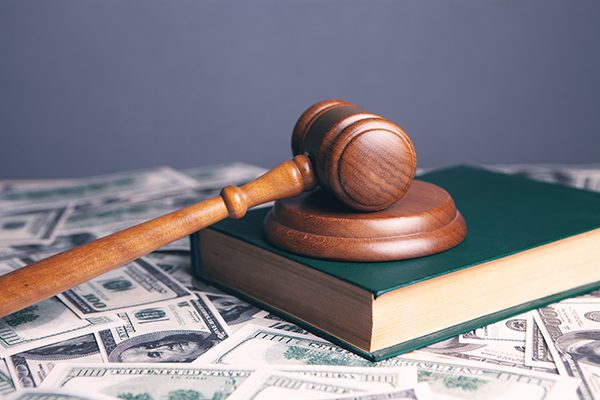
How the Neo-Brandeisians Are Undermining Themselves
David B McGarry
February 27, 2024
In an excellent recent piece for Commentary, the American Enterprise Institute’s Adam White documents Lina Khan’s rise to power – and fall from grace – at the Federal Trade Commission (FTC). The Taxpayers Protection Alliance and others have well documented Khan’s affections for unbounded and arbitrary power, shoddy economics, and dubious ethics.
In the essay’s latter half, White expands the aperture to examine a larger contradiction within the neo-Brandeisian movement (the progressive “hipster” school of antitrust), whose excesses and shortcomings Khan epitomizes. As White argues, the neo-Brandeisian project’s excesses could undermine (break up, if you will) the very statutory basis on which it predicates itself.
Named for the Progressive trustbuster Louis Brandeis, this faction works to undo 20th-century legal reforms that cabined antitrust enforcers’ once near-limitless authority. These reforms succeeded in tying American antitrust enforcement to the consumer welfare standard and pro-competitive economic analysis.
America’s Progressive-era antitrust statutes (e.g., the Sherman Act, the Clayton Act, and the FTC Act) make for malleable legal clay. Critics of these laws’ vague verbiage have long questioned their constitutionality. For example, White writes, now-Judge Andrew Oldham in 2007 “[made] the constitutional argument that the Sherman Act violates the Nondelegation Doctrine, according to which Congress cannot abdicate its lawmaking powers to another entity.”
But Khan, intent on remaking the American economy, “uses [Oldham’s] argument in the reverse: She sees the [Sherman] Act’s standardless discretion not as a danger but as an opportunity.” This statement alone is an insight into Khan’s thinking about agency power.
Khan’s theory is that these statutes allow the FTC to target whomever it wants, whenever it wants, in whatever venue it wants, and with whatever scant evidence it manages to produce. This theory likely cannot withstand judicial scrutiny. It certainly has struggled to do so thus far. But that’s academic, in the FTC’s mind, since the agency’s bully tactics have proven highly successful in deterring businesses from even attempting mergers, even legal mergers. Even foreseeable courtroom losses, Khan has said, serve her greater ends as a legal activist.
The antitrust theory that attained throughout much of the 20th century resembled this vision. As Supreme Court justice Potter Stewart wrote in 1966 of contemporary merger jurisprudence, the “sole consistency” was that “the Government always wins.” The following decades’ reforms occurred largely since mid-century antitrust overreach proved unsustainable. Although the neo-Brandeisians hate them so vociferously, these reforms created an equilibrium that preserved the Sherman, Clayton, and FTC Acts. By applying statutory, jurisprudential, and agency limitations to textually limitless statutes, made the American antitrust regime feasible.
All this produced a Frankenstein’s monster. But (at least until 2021) it was a monster the villagers had largely tamed, and with whom they could peacefully coexist. In fact, having learned to protect consumers’ welfare and to follow the rule of reason, the monster did much good.
But, under Khan, the monster has once again become feral, creating the disastrous economic conditions that could drive foundational systemic change. As White notes, “The FTC’s ambitions and antics may even give rise to a case in which the Supreme Court finally declares…that the Sherman Act is unconstitutional because it delegates complete legislative power to regulators.” In myriad aspects of American governance (which, like the humanity that created and comprised it, is messy and flawed), ideologues are discovering that self-restraint is invaluable. If politicians cross one too many normative Rubicons, they will likely find their political interests perforated and bleeding out on the floor.
As White writes, Khan’s legacy may prove to be “not actually in antitrust” but rather “the character of regulatory self-restraint under the rule of law.” As far as her tenure encourages other federal bureaucrats to disregard the rule of law and due process, she could ignite the downfall of many administrative activities outside her own FTC.
